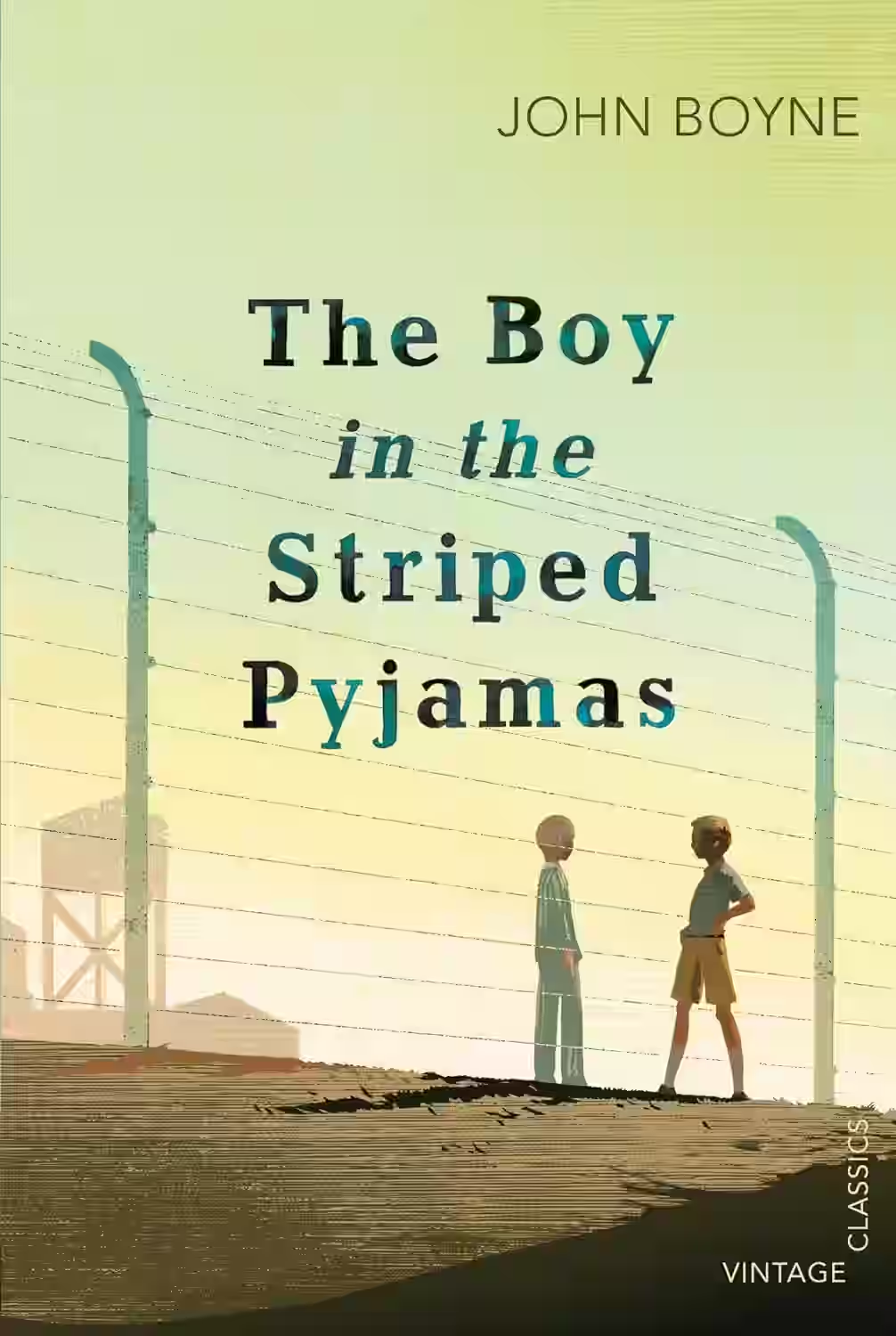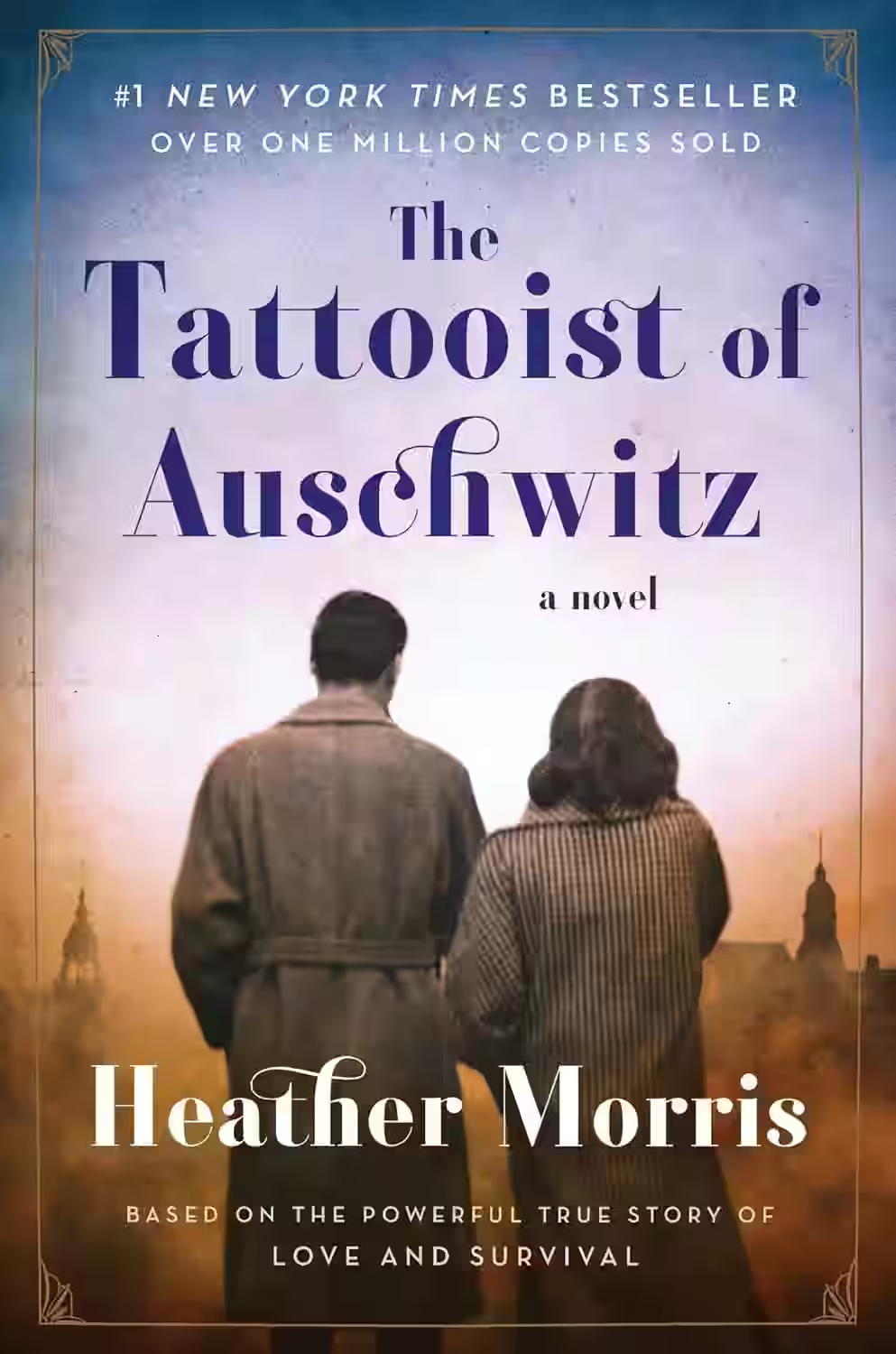Holocaust
Holocaust literature focuses on works detailing the historical events, experiences, and aftermath of the Jewish Holocaust during World War II, often exploring themes of survival, loss, and resilience.

The Boy in the Striped Pajamas
by John Boyne
John Boyne's "The Boy in the Striped Pajamas" is a poignant historical novel that explores the unlikely friendship between two boys during World War II. Set against the backdrop of the Holocaust, the story is told through the innocent eyes of Bruno, a young boy whose father is a Nazi commandant. Unaware of the horrors surrounding him, Bruno befriends Shmuel, a Jewish boy imprisoned in the Auschwitz camp, visible from Bruno's new home. The narrative unfolds with a sense of looming tragedy, examining themes of innocence, prejudice, and the stark contrast between ignorance and the brutal reality of war. Boyne's simple yet impactful prose invites readers to grapple with the moral complexities and emotional depths of its characters, leaving a lasting impact through its heart-wrenching climax.

The Tattooist of Auschwitz
Heather Morris' 'The Tattooist of Auschwitz' is a poignant and gripping novel based on the true story of Lale Sokolov, a Jewish man forced to tattoo his fellow prisoners at Auschwitz concentration camp during World War II. The book delves into the themes of love, survival, and the resilience of the human spirit amidst unimaginable horrors. As Lale navigates the brutality of the camp, he finds solace in meeting Gita, a young woman whom he falls deeply in love with. Their relationship serves as a beacon of hope in the darkest of times. Morris' storytelling captures the raw emotions and complexities of living through such atrocities, leaving a lasting impact on readers.